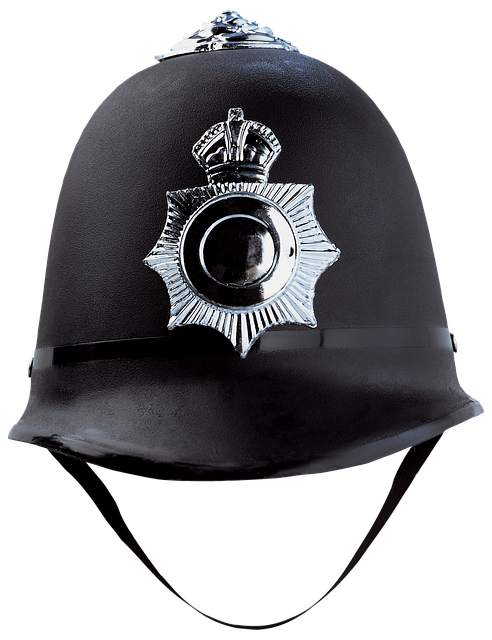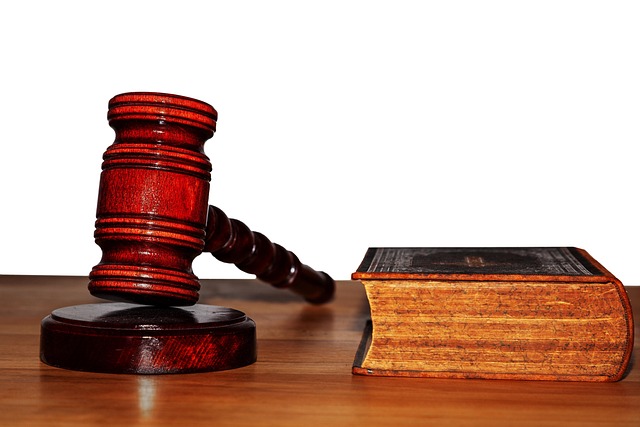Corporate crime investigations uncover complex misconduct, with defamation of character legal advice crucial for protecting stakeholders and maintaining fairness. Early consultation with experienced white-collar defense attorneys ensures strategic navigation through legal complexities, evidence preservation, and compliance, fostering a collaborative environment while safeguarding organizational interests. Case studies, like the corporation vs. ex-employee review scenario, offer insights into proactive measures to mitigate risks and protect reputations in today's competitive business landscape.
Corporate Crime Investigations delve into the intricate process of uncovering and prosecuting business misconduct. This comprehensive guide explores key aspects, from understanding the legal framework surrounding defamation of character—a common tactic in corporate battles—to strategic evidence gathering and the vital role of legal advice in crafting robust defenses. We present real-world case studies to illustrate best practices and lessons learned. By delving into these aspects, organizations can better navigate potential crises and protect their reputation with effective strategies.
- Understanding Corporate Crime Investigations
- Legal Framework for Defamation of Character
- Strategies for Gathering Evidence
- The Role of Legal Advice in Defense
- Case Studies: Real-World Examples
Understanding Corporate Crime Investigations
Corporate Crime Investigations delve into complex cases where businesses or their representatives engage in criminal activities, often involving financial fraud, embezzlement, or violation of legal and ethical standards. These investigations are critical in upholding justice and maintaining public trust. When corporate misconduct surfaces, it’s crucial to understand that these matters extend beyond mere business transactions; they can have profound implications for stakeholders, including employees, investors, and the broader community.
Seeking Defamation of Character Legal Advice is one aspect that arises during such investigations, especially when reputational damage is a concern. The balance between holding corporations accountable for their actions and protecting individuals from unfair character assassination is delicate. White-collar defense strategies often focus on differentiating corporate and individual clients, considering the unique roles and responsibilities within philanthropic and political communities. Navigating these legal complexities requires experienced counsel to ensure fair outcomes for all parties involved.
Legal Framework for Defamation of Character
The legal framework surrounding defamation of character plays a pivotal role in corporate crime investigations, especially when scrutinizing high-profile cases within the respective business sphere. Defamation refers to the making of false statements that harm an individual’s reputation, and it can have severe implications for those involved. In many jurisdictions, laws protect individuals from such slanderous or libelous allegations, ensuring their good name is safeguarded.
When investigating corporate crimes, legal advice on defamation becomes crucial. The onus is often on the accuser to prove the truth of their statements, especially in cases where powerful entities or philanthropic and political communities are involved. A general criminal defense strategy must consider the nuances of defamation laws to protect the rights of all parties, ensuring that investigations maintain fairness and integrity throughout.
Strategies for Gathering Evidence
In corporate crime investigations, gathering robust evidence is paramount to ensure justice and protect the interests of all stakeholders. One effective strategy involves meticulous documentation and record-keeping within organizations. By implementing comprehensive internal controls and data retention policies, companies can facilitate the collection of digital and physical evidence. This includes preserving emails, financial records, and any communication relevant to the alleged misconduct, which can serve as powerful tools in legal proceedings. Additionally, leveraging expert witnesses who specialize in forensic accounting or digital forensics enhances the credibility of evidence gathered during an investigation.
Seeking legal advice from seasoned white-collar defense attorneys is a crucial step to navigate complex legal landscapes and avoid potential pitfalls. These professionals guide clients through the intricacies of defamation of character cases that often arise in corporate investigations. With their expertise, they can advise on strategic depositions, interviews, and document production across the country, ensuring that evidence is handled legally and effectively for his clients while upholding ethical standards throughout the process.
The Role of Legal Advice in Defense
In corporate crime investigations, legal advice plays a pivotal role in defending individuals and organizations against accusations, especially concerning white collar and economic crimes. Early engagement with legal counsel is crucial as it enables comprehensive understanding of rights, obligations, and potential consequences throughout all stages of the investigative and enforcement process. This proactive approach helps in navigating complex legal landscapes, ensuring compliance, and mitigating risks.
For instance, strategic guidance from a legal expert can significantly influence how defamation of character allegations are handled. Legal advice aids in distinguishing fact from fiction, challenging evidence, and presenting a robust defense strategy across the country. It also facilitates effective communication with investigators, fostering a collaborative environment that respects due process while ensuring the organization’s interests are protected.
Case Studies: Real-World Examples
In the realm of corporate crime investigations, case studies serve as powerful tools to understand the complexities and nuances of legal battles. Real-world examples provide valuable insights into how businesses navigate the intricate web of white-collar defense strategies. For instance, a recent high-profile case involved a prominent corporation accused of defaming an ex-employee’s character in response to a negative review. This scenario highlights the delicate balance between protecting business interests and avoiding legal repercussions, especially when it comes to defamation claims.
By examining such cases, professionals can learn effective approaches to mitigating risks. One key aspect is offering prompt legal advice to ensure companies respond appropriately to allegations, potentially avoiding indictment in jury trials. These studies underscore the importance of proactive measures to safeguard corporate reputations and minimize exposure to costly litigation, ensuring business sustainability in today’s competitive landscape.
Corporate crime investigations require a multifaceted approach, encompassing legal frameworks like those governing defamation of character, strategic evidence gathering, and crucial legal advice for defense. As illustrated in the case studies presented, understanding these elements is vital for navigating complex corporate scandals. By employing effective strategies and seeking professional guidance, organizations can ensure fair outcomes while upholding justice. This comprehensive approach not only protects reputational interests but also strengthens ethical business practices, fostering a more transparent and accountable corporate landscape.






